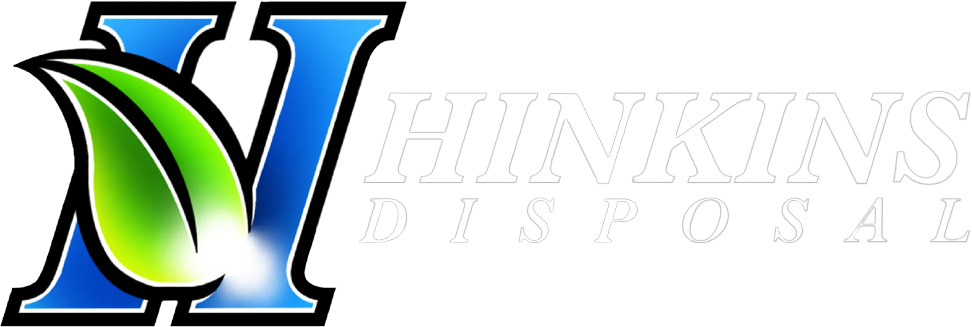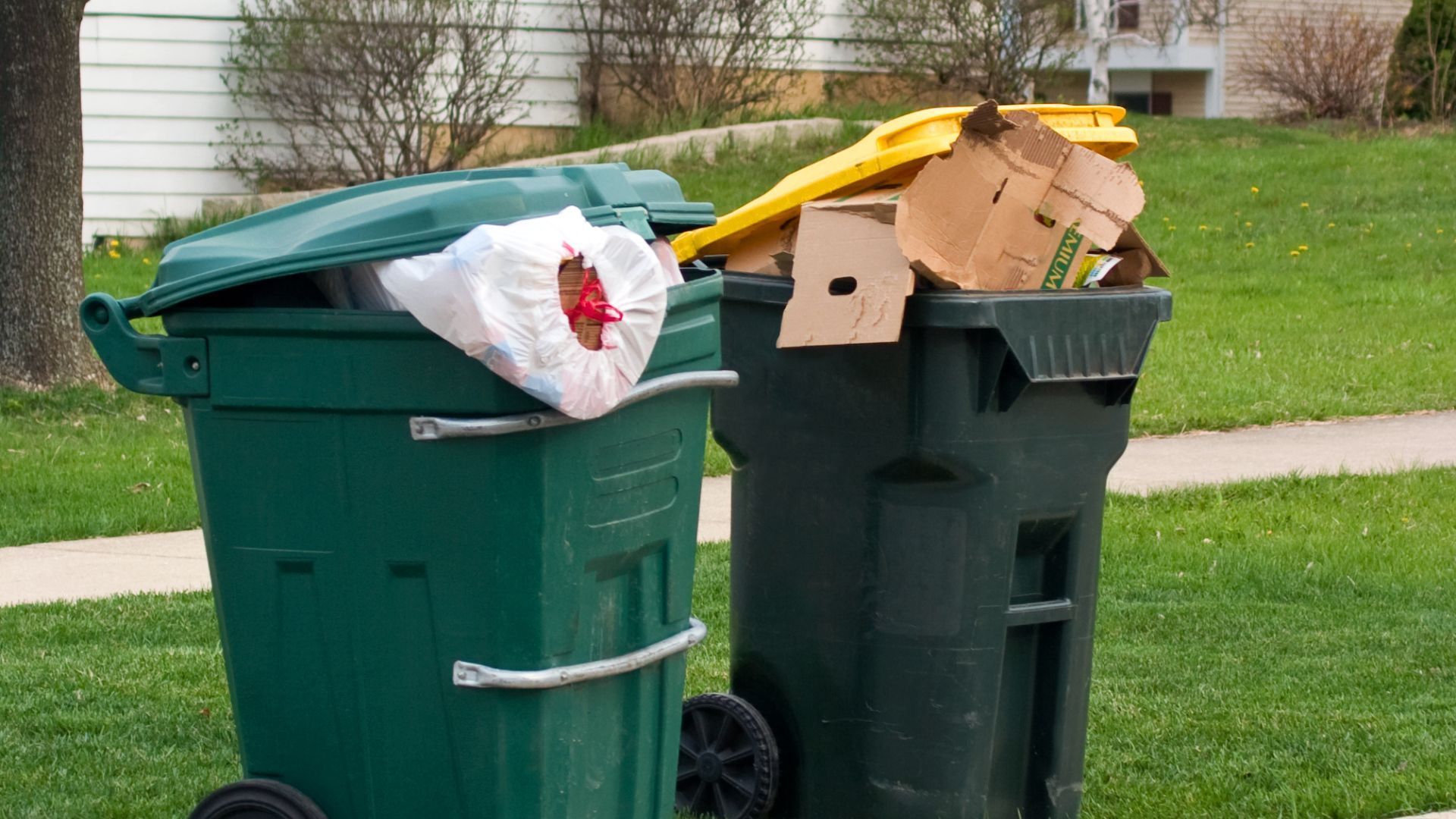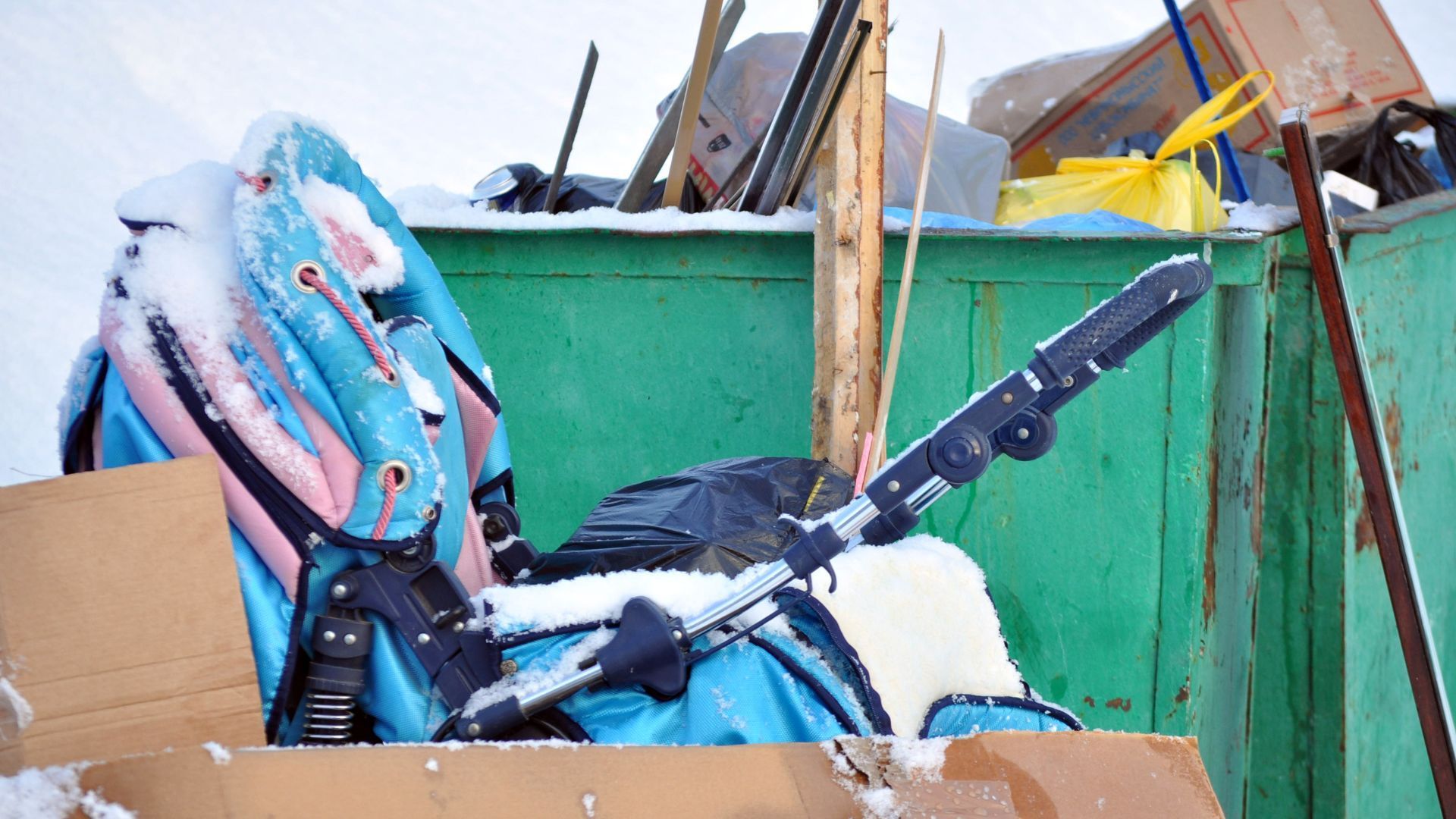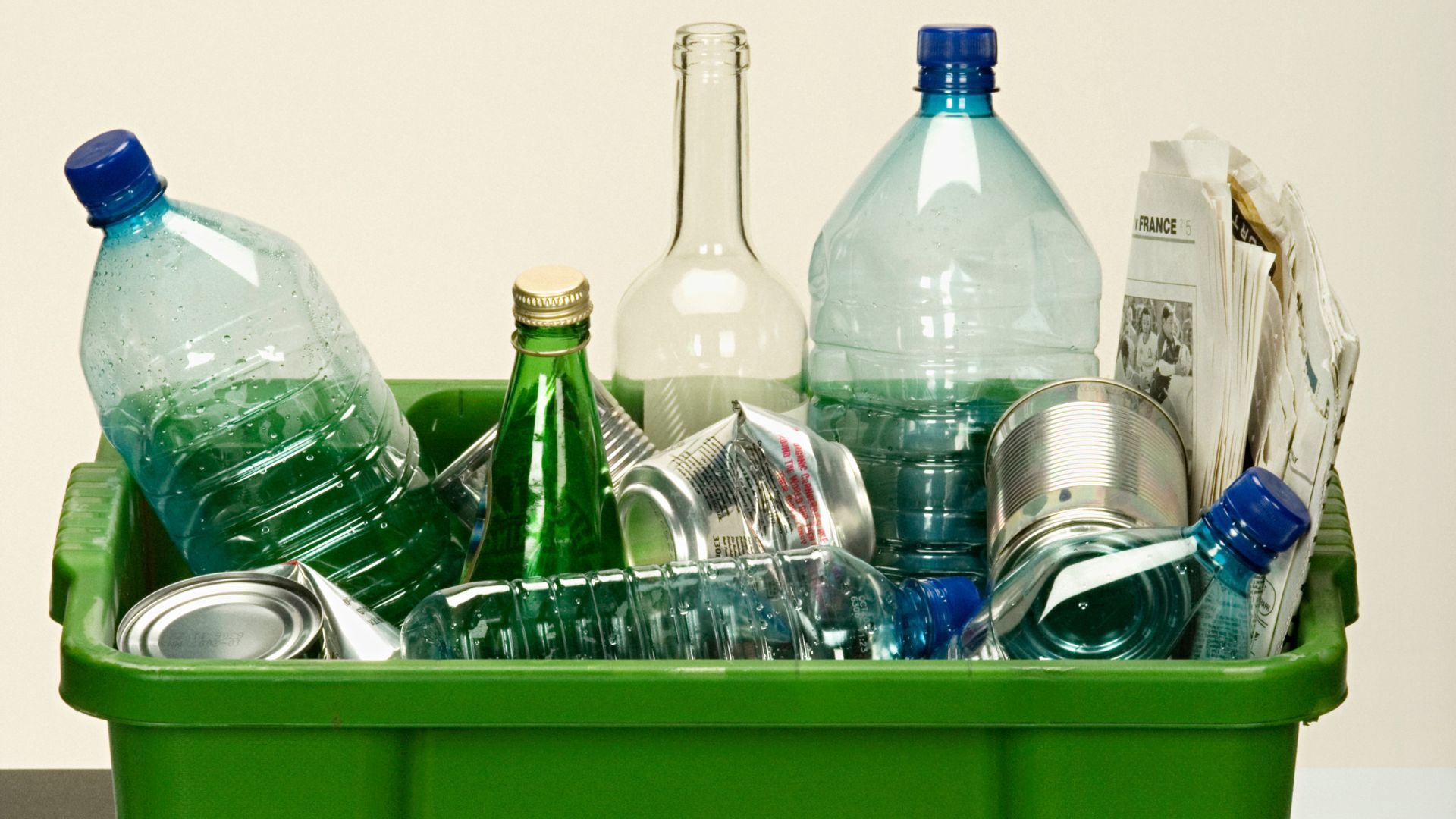How Recycling Affects Junk Removal Augusta Services
Junk removal is more than simply clearing out clutter—it has grown into a key element of sustainable waste management, particularly in communities like Augusta, Georgia. As the demand for environmentally responsible practices increases, junk removal services are shifting from traditional dump-and-go methods to more intentional, recycling-focused strategies. The goal is no longer just removal but responsible redirection—reusable and recyclable materials are sorted and funneled toward appropriate processing centers rather than being sent straight to landfills.
This shift helps reduce environmental impact, conserve resources, and support the circular economy. For residents and businesses in Augusta, this evolution brings more than just a cleaner space—it promotes long-term environmental stewardship, local economic efficiency, and stronger community awareness around waste reduction. As recycling becomes deeply integrated into junk removal practices, it’s reshaping the entire process—from how materials are handled on-site to how they are reintroduced into the local economy or repurposed to serve future needs.
Evolving Industry Priorities
Recycling initiatives have transformed junk removal operations from simple cleanups into integrated eco‑conscious services. Traditionally, removal relied on a single destination: the landfill. Nowadays, a three‑tiered system—something recyclable, something reusable, and actual waste—guides every job.
This pivot toward sorting starts well before the truck backs into a driveway. From the initial call, professionals gauge expected volume and type of material, allowing them to pre‑plan. When crews arrive, sorting begins on the curb. Cardboard, glass, metal, and other recyclables are separated at the job site—or, in some cases, loaded in dedicated sections of their vehicle. This foresight prevents over‑weight landfill trips and means fewer dumpster rentals down the road.
Environmental Ripples
The immediate environmental gains from embedding recycling into junk removal are undeniable. Every piano, appliance, or torn couch diverted means less garbage decomposing under layers of soil—reducing methane emissions and groundwater pollutants. Metal and electronics recycling slows the demand for virgin ore, while paper and cardboard recovery decrease logging pressures.
In Augusta’s humid summers, the risk of buried waste leaching becomes more salient. Properly sorted recycling keeps potentially toxic substances—batteries, electronics, solvents—out of the ecosystem, preserving clean soil and water.
Economic Upsides
When recycling and junk removal services work hand in hand, savings are unlocked at multiple stages. Recycling facilities typically charge lower tipping fees than landfills, or may even pay for certain materials. Those cost differentials can be significant, especially for jobs involving high volumes of metal, wood, or cardboard.
These savings ripple back to the customer. Efficient recycling protocols allow service providers to offer competitive prices. Businesses and homeowners booking large-scale cleanouts—like estate liquidations, office relocations, or construction debris disposal—stand to pay less when a high percentage of material is recycled. In turn, junk removal providers retain healthy margins, creating a balanced service ecosystem.
Logistical Adaptations
Recycling isn’t just an add‑on—it requires adapted logistics. Trucks may be retrofitted with compartments for sorted loads, or service providers may partner with local recycling centers able to accept mixed material deliveries. Route planning becomes more nuanced too, with stops sequenced to drop off different material types at specific yards.
To manage this complexity, teams are trained in proper material identification and safe handling. Electronics, for example, require EPA‑compliant processes, while scrap metal should be removed of hazardous parts like batteries or coolant. Waste trucks might be outfitted with secondary containment and labeled bins to prevent cross‑contamination—making every detail crucial.
Local Collaborations
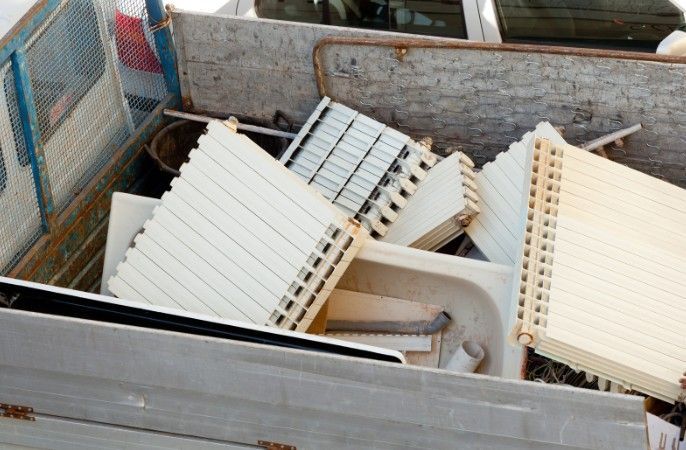
Junk removal companies can’t recycle in isolation. They often rely on local recycling operations—community centers, metal recyclers, wood‑chip mills, and charity partners—to receive sorted materials. In Augusta, several nonprofit thrift store chains flourish through regular donations of furniture and household goods. This symbiotic relationship keeps usable items in circulation while offering affordable goods to disadvantaged communities.
Partnerships extend beyond donation pickup. Local municipalities may host electronics collection events or household hazardous‑waste days. Junk removal firms sometimes participate, coordinating logistics, promoting events, and bringing back regulated materials for proper disposal.
Regulatory Incentives
Georgia’s waste regulations don’t mandate recycling for residential junk pickup, but there are incentives in place. Counties with ambitious waste‑diversion goals often offer reduced tipping fees or rebates for facilities that recycle certain percentages of incoming material. Because fees can be based on tons of landfill‑diverted waste, recycling proportion becomes a financial driver.
For junk removal services operating within Augusta and Richmond County, these incentives make recycling a strategic choice. Billing classified by weight—and tracked against diversion targets—encourages hauling out maximum reusable or recyclable content. That system is reflected in pricing plans offering discounts for high‑recyclable loads.
Customer Engagement
Recycling-minded junk removal services aren’t just removing material—they’re educating clients. Whether it’s a property manager overseeing apartment turnovers or a homeowner clearing out after renovations, customers are becoming more aware of recycling’s significance.
Service providers leverage digital communication—pre‑job emails, website guides, or even short videos—to underscore how materials will be sorted and where they will go. At the curb, they often point out recyclable portions and explain proper separation, encouraging customers to think twice before tossing. This transparency builds trust—and brand loyalty.
Community Impact
The multiplier effect of smarter recycling extends far beyond one pickup. Recovered goods and materials filtered through Augusta charities supply households in need, while scrap proceeds help support community initiatives. Wood chips from old furniture wind up in mulch beds around parks, closing the loop from disposal to landscape renewal.
On a broader level, responsible junk removal fosters a culture of environmental stewardship. Local schools, civic groups, and businesses may tie into these services—group cleanups, donation drives, and landfill‑reduction competitions emerge throughout the year, recycling as a centerpiece.
Challenges and Solutions
Even with all the advantages recycling brings to junk removal, the process isn’t without hurdles. Sorting materials on-site can slow down job completion, particularly when crews are working under tight timeframes. Not every item is recyclable—composite plastics, chemically treated wood, or heavily contaminated materials often require standard disposal. These obstacles create logistical and operational strain, especially on busy routes or in dense urban pickups.
To combat this, companies are getting smarter. Pre-job assessments now help anticipate and flag problematic materials before crews even arrive. Specialized containers are used to keep recyclables separate from landfill-bound debris. Some firms have invested in off-site sorting stations where loads are broken down and processed with high precision. Continuous employee training keeps teams up to date on evolving recycling guidelines. Additionally, many junk removal services are incorporating real-time tech—mobile apps that log weight, material types, and destinations—streamlining both forecasting and compliance reporting. These innovations keep Augusta’s junk removal industry moving forward despite the inherent complexity of sustainable disposal.
Marketing with Purpose
Recycling isn’t just an operational necessity—it’s a compelling marketing tool. In Augusta, where more consumers are environmentally conscious, junk removal companies that lead with recycling stand out. Services that openly advertise their diversion rates—like “80% landfill-free” or “eco-conscious hauling”—instantly communicate value beyond basic cleanup. Today’s customers, especially younger homeowners and commercial clients, often prioritize sustainability in their purchasing decisions. Junk removal providers that align with those values attract more inquiries and repeat clients.
Beyond advertising, recycling lends itself to storytelling. Local media outlets and community social media pages are more likely to spotlight companies engaged in eco-friendly practices. Stories about donated furniture reaching a family in need, or hazardous waste being safely collected during a cleanup event, resonate with local audiences. This visibility builds brand recognition and trust. When companies turn their recycling efforts into part of their narrative—not just a service add-on—they cultivate a purpose-driven brand identity that goes beyond trash pickup.
Cost‑Sharing Models
The financial side of recycling in junk removal is more nuanced than many assume. While sorting and hauling multiple types of materials adds effort, cost-sharing models help make it work—for both providers and customers. Rather than quoting flat rates for every type of load, some companies offer dynamic pricing: a base fee plus itemized recycling charges based on material type and weight. Tires, metal, concrete, and construction debris are weighed separately, and recycling fees are transparently passed on at reduced rates compared to landfill dumping.
What makes this appealing is that it connects pricing with environmental impact. Customers can see firsthand what portion of their junk is recyclable, what it costs to handle properly, and even where financial credits apply. For example, scrap metal often generates revenue, which can be subtracted from the total bill. This level of transparency builds trust. Customers feel empowered, not penalized. Ultimately, cost-sharing models bridge the gap between eco-friendly services and real-world affordability—keeping Augusta’s recycling-focused junk removal competitive.
Conclusion
As junk removal services in Augusta continue to advance, recycling has emerged as more than just an environmentally friendly option—it’s become a driving force behind innovation, community support, and operational efficiency. Today’s leading services are integrating smart sorting protocols, building long-term partnerships with local recyclers and nonprofits, and actively educating residents about the power of sustainable disposal. These efforts are not only minimizing the strain on landfills, but they’re also lowering costs for customers, fostering deeper client trust, and aligning with Augusta’s broader environmental goals. Junk removal is no longer just about getting rid of unwanted items—it’s about making responsible choices that benefit both the planet and the community.
If you're seeking a smarter, more eco-conscious solution for junk removal in Augusta, now’s the time to act. Choose a provider that puts recycling at the core of its service model. For reliable, sustainable, and efficient junk removal, contact Hinkins Disposal in Augusta, GA. You can reach them at (706) 885‑4032 or via email at Hinkinsdisposal@gmail.com. When you hire a service committed to recycling, you’re not just clearing space—you’re contributing to a cleaner, greener future for everyone.
